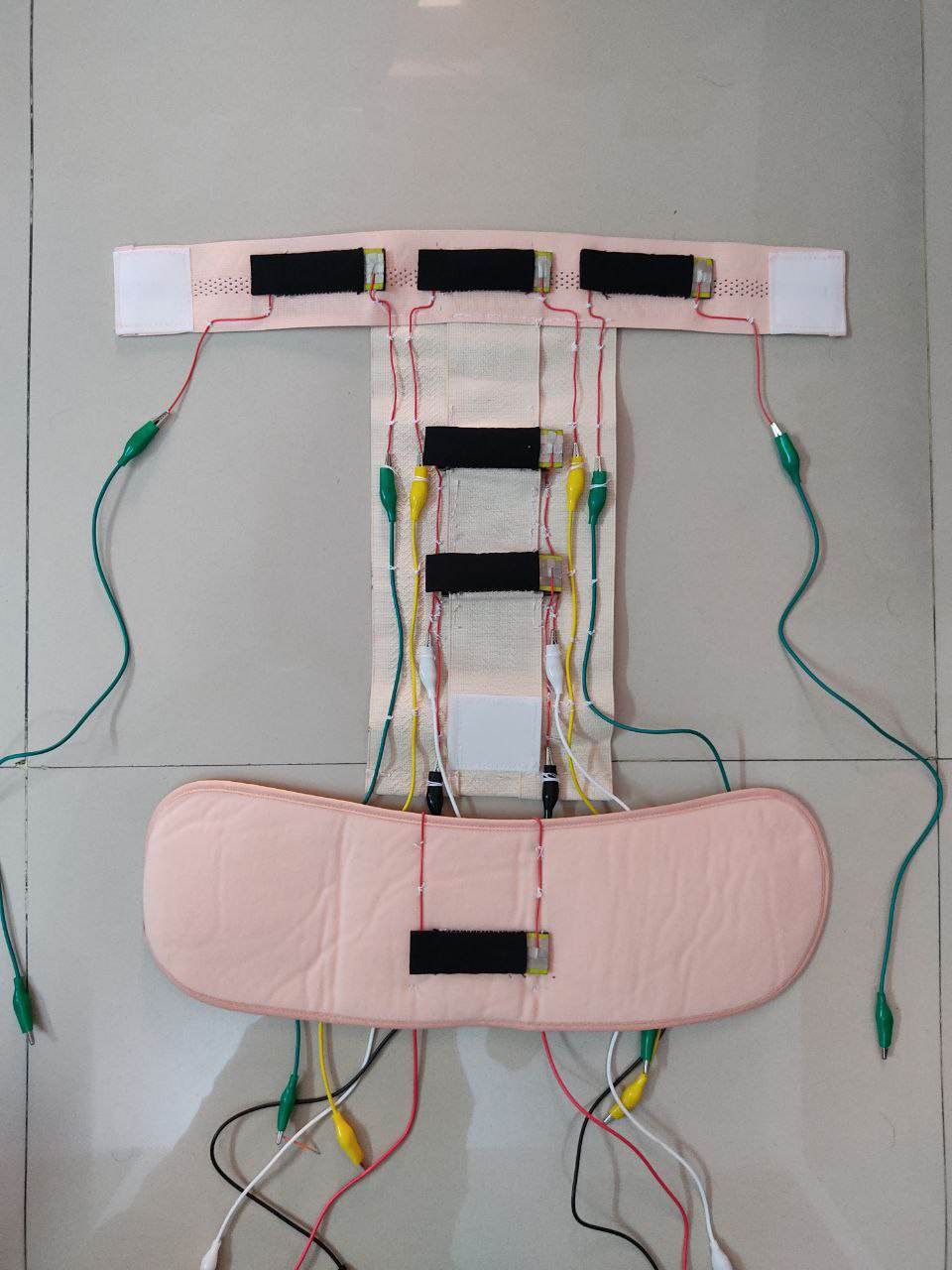Replies: 6 comments 8 replies
-
|
Hi - We are desiging a board that is much more capable than the one you mentioned above . Would you be interested in trying it out ? . We will ship you our product . Secondly , if you dont need it now , can you please suggest me any other people who might be interested in trying it out ? |
Beta Was this translation helpful? Give feedback.
-
|
What are you transmitting data to on the other end of the link? We use stm32wb55 for a few of our medical devices with Bluetooth running on micropython, it's quite well supported. Almost any chip in the STM32 range will likely be supported quite well. The rp2040 / Pico / pico-w have also proven quite reliable, low cost and great if you'd like wifi access. The mimxrt and samd ports are newer, but very actively developed. I don't have much experience with them personally though. Esp32 family is very popular with hobbyists, but in my opinion not suitable for reliable production use as Espressif change a lot in their libraries version to version and features often get broken. I don't know of any micropython platforms with GSM support myself, but haven't had cause to look either. |
Beta Was this translation helpful? Give feedback.
-
|
Can you try our Board for the issues you have mentioned above . Please
share your address and we will send our board for testing ?
…On Tue, Dec 5, 2023 at 4:59 AM Andrew Leech ***@***.***> wrote:
Esp32 family ... not suitable for reliable production use as Espressif
change a lot in their libraries version to version and features often get
broken.
I disagree. Any production use of whatever hardware+software will need to
lockdown the used versions to those tested anyway, so upstream changes (in
micropython, ESP-IDF or any of the 20 micropython submodules) don't cause
any harm.
Isn't this a "best practice" development process ?
In our development process we keep micropython as a pinned submodule for
reliable builds certainly, however we also regularly want to update that
pin to a later micropython version to bring in new features.
On ports like stm I can do this with a very high level of confidence, only
needing up update application code for any micropython specific changes
from the update.
For personal projects I've used esp32 chips on this is often not the case,
with regressions in performance and deprecated APIs often complicating the
upgrade process. I also often hit intermittent kernel panic / guru
meditation issues... particularly when using wild features like Bluetooth...
—
Reply to this email directly, view it on GitHub
<#10232 (reply in thread)>,
or unsubscribe
<https://github.com/notifications/unsubscribe-auth/A72T3IW3QR7SH7D6WGKWSBDYHZPVXAVCNFSM6AAAAAATAC27XSVHI2DSMVQWIX3LMV43SRDJONRXK43TNFXW4Q3PNVWWK3TUHM3TONJYG4ZTS>
.
You are receiving this because you commented.Message ID:
***@***.***
com>
|
Beta Was this translation helpful? Give feedback.
-
|
@mwnafee some suggestions about data acquisition from multiple ADC:
I will not suggest what type of platform (board) you should choose, but from my experience 4-20 Hz is not a problem for popular micropython based platforms, more like you should perform some technical analysis (floating point calculation support , where and what type of dsp i need ( noise filtering, value scaling/ calculation etc) note: 5/1024 (=0.004878049) is a constant ( no need calculate every time) |
Beta Was this translation helpful? Give feedback.
-
|
Would you guys want to try our Board for the issues you have mentioned above . Please share your address and we will send our board for testing ? |
Beta Was this translation helpful? Give feedback.
-
|
Beta Was this translation helpful? Give feedback.
Uh oh!
There was an error while loading. Please reload this page.
-
Hi, everyone
So, my team is making a uterine contraction monitoring belt using Arduino. Now, the plan is to make it patient-ready. An Arduino board is not suitable for this plan. So, I need a microcontroller to acquire the data from the velostat sensor (piezoelectric).
I looked at ARM Cortex Microcontroller LPC1769 by NXP semiconductors. But I don't know if I can use MicroPython with it. So, it would be really great if you suggest me a microcontroller that can:
I'm pasting the Arduino code below and attaching a picture of our belt, so that you can get a better idea.
[code]
void setup() {
pinMode(A0, INPUT_PULLUP);
pinMode(A1, INPUT_PULLUP);
pinMode(A2, INPUT_PULLUP);
pinMode(A3, INPUT_PULLUP);
pinMode(A4, INPUT_PULLUP);
pinMode(A5, INPUT_PULLUP);
Serial.begin(9600);
}
void loop() {
float sum = 0;
float Matrix_1 = analogRead(A0);
float Matrix_1_voltage = Matrix_1*(5.0/1024.0);
float Matrix_1_pressure = 10.69*pow(Matrix_1_voltage, -1.773);
int Matrix_2 = analogRead(A1);
float Matrix_2_voltage = Matrix_2*(5.0/1024.0);
float Matrix_2_pressure = 25.09*pow(Matrix_2_voltage, -1.224);
int Matrix_3 = analogRead(A2);
float Matrix_3_voltage = Matrix_3*(5.0/1024.0);
float Matrix_3_pressure = 9.692*pow(Matrix_3_voltage, -1.691);
int Matrix_4 = analogRead(A3);
float Matrix_4_voltage = Matrix_4*(5.0/1024.0);
float Matrix_4_pressure = 10.72*pow(Matrix_4_voltage, -1.453);
int Matrix_5 = analogRead(A4);
float Matrix_5_voltage = Matrix_5*(5.0/1024.0);
float Matrix_5_pressure = 9.956*pow(Matrix_5_voltage, -1.638);
int Matrix_6 = analogRead(A5);
float Matrix_6_voltage = Matrix_6*(5.0/1024.0);
float Matrix_6_pressure = 5.562*pow(Matrix_6_voltage,-1.941);
float final_pressure=Matrix_1_pressure+Matrix_2_pressure+Matrix_3_pressure+Matrix_4_pressure+Matrix_5_pressure+Matrix_6_pressure;float f_p=Matrix_4_pressure+Matrix_5_pressure;
Serial.println(f_p);
delay(250);
}

[/code]
Beta Was this translation helpful? Give feedback.
All reactions